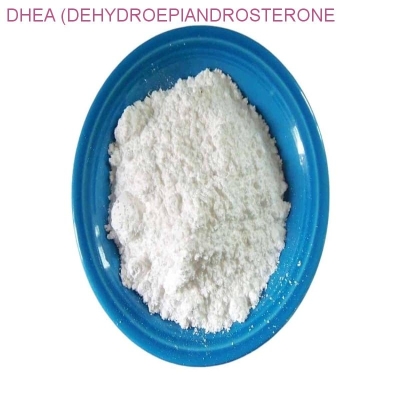-
Categories
-
Pharmaceutical Intermediates
-
Active Pharmaceutical Ingredients
-
Food Additives
- Industrial Coatings
- Agrochemicals
- Dyes and Pigments
- Surfactant
- Flavors and Fragrances
- Chemical Reagents
- Catalyst and Auxiliary
- Natural Products
- Inorganic Chemistry
-
Organic Chemistry
-
Biochemical Engineering
- Analytical Chemistry
-
Cosmetic Ingredient
- Water Treatment Chemical
-
Pharmaceutical Intermediates
Promotion
ECHEMI Mall
Wholesale
Weekly Price
Exhibition
News
-
Trade Service
1-Piperazinecarboxylic acid, butyl ester, commonly referred to as PZA, is a synthetic compound that is widely used in the chemical industry.
PZA is an intermediate chemical that is used in the production of a variety of products, including pharmaceuticals, personal care products, and industrial chemicals.
The synthetic routes of PZA involve several steps, including the reaction of acetylene with hydrazine, followed by the reaction of the resulting hydrazone with a substituted piperazine.
One of the most common synthetic routes for PZA involves the reaction of acetylene with hydrazine in the presence of a solvent, such as water or ethanol.
This reaction produces the hydrazone, which is then treated with a substituted piperazine in the presence of an acid catalyst, such as sulfuric acid.
The reaction between the hydrazone and the piperazine results in the formation of PZA, along with the corresponding amide.
This route is typically carried out in several steps, including the purification of the hydrazone and the PZA product.
Another synthetic route for PZA involves the reaction of acetylene with a substituted piperazine in the presence of a solvent and a metal catalyst, such as tin(II) chloride.
This reaction produces the hydrazone, which is then treated with hydrazine in the presence of a solvent to produce PZA.
This route is also typically carried out in several steps, including the purification of the hydrazone and the PZA product.
There are several variations of these synthetic routes, depending on the specific reagents and conditions used.
For example, some synthetic routes involve the use of different solvents or different metal catalysts.
Other routes involve the use of different piperazines or the use of different hydrazone intermediates.
The choice of synthetic route will depend on the specific requirements of the manufacturing process and the desired properties of the final product.
One of the advantages of the synthetic routes for PZA is that they can be carried out on a large scale, using standard chemical equipment.
This makes the production of PZA relatively simple and cost-effective, compared to many other synthetic processes.
Additionally, the synthetic routes for PZA have been well-established and are widely used in the chemical industry, which means that there is a wealth of information available on the optimal conditions and reagents to use.
Another advantage of the synthetic routes for PZA is that they typically produce high yields of the desired product, with minimal side products.
This is important for the production of pharmaceuticals and other products, where it is essential to have a high purity of the final product.
Additionally, the synthetic routes for PZA are relatively mild, meaning that the product can be produced without the need for harsh chemical conditions that could damage the product.
In conclusion, the synthetic routes for 1-Piperazinecarboxylic acid, butyl ester, or PZA, are well-established and widely used in the chemical industry.
These routes involve the reaction of acetylene with hydrazine, followed by the reaction of the resulting hydrazone with a substituted piperazine.
There are several variations of these routes, depending on the specific reagents and conditions used.
The choice of synthetic route will depend on the specific requirements of the manufacturing process and the desired properties of the final product.







